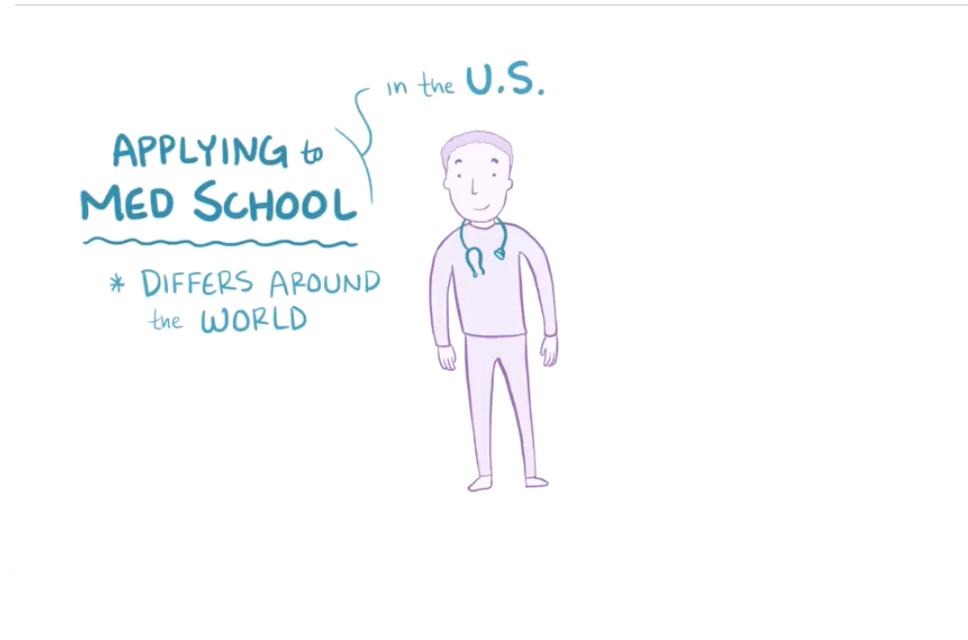If you’re applying to medical school this year, you’re probably starting to think about what school you’d like to attend. Many students are encouraged to apply broadly, and on average, applicants apply to 16 medical schools. While the right number of schools is different for everyone—you may apply to more or less—a good rule of thumb is to only apply to the medical schools you would attend if accepted. This will save you time and money overall, even if it means doing more research before the application cycle begins.
Balancing Medical Education and Parenthood
One thing most people will agree that medical education and parenthood have in common is … Read more

















